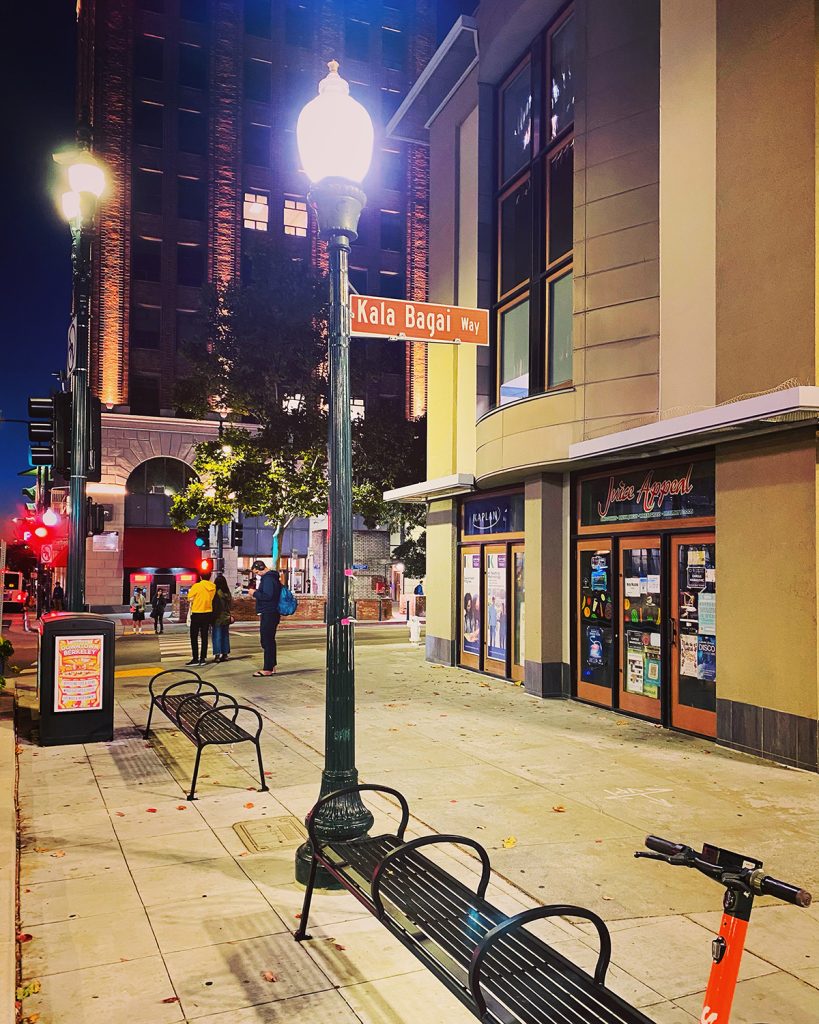Authors: Arko Dasgupta
Journal: India International Centre Quarterly
Abstract: Indians who came to the United States in large numbers following the passage of the Immigration and nationality act of 1965 have all too often been forced into a ‘model minority’ stereotype which is that of a depoliticised and hardworking population that ‘contributes’ and does not create ‘trouble’. They are then contrasted with African americans and Latinos who are depicted as communities that have fallen behind after having failed to take advantage of the opportunities that life in the United States affords. This is not only ahistorical but also disregards American immigration policy which favours professionals and already privileged classes from countries such as India. most of all, it obscures in the American imagination the historical existence of a different type of Indian American: a highly political and defiant sort that challenges attitudes of docility, a kind embodied by Kala Bagai. It is therefore unfortunate that she remains an unfamiliar name to most Indians, both in India and the United States. Kala Bagai overcame personal grief and racial discrimination to create for herself a life of dignity and joy. moreover, in providing service to others in her community and beyond, she also demonstrated how one could lead a full life.
Image: “Kala Bagai Way” in Berkeley, California. Credit: Arko Dasgupta

